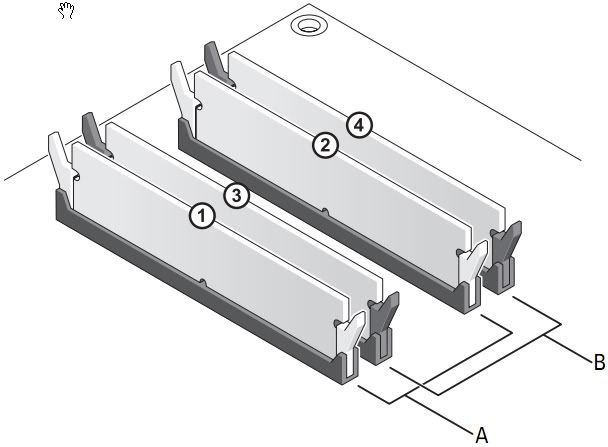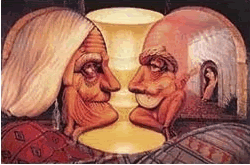Something got me thinking about how we think to handle a problem. This happened yesterday when I was watching a McGill University videocast on “Inflammation and Cancer – by Maya Saleh“. The video was interesting, technical enough, though confusing if you start focusing too much on lingo, or try to remember every acronym the speaker remembers.
To summarize the whole video as I understand – the human body responds to any injury, disease by inflammation (soreness, heat, itch, numbness) as a self-protective measure. The amount of inflammation reaches an appropriate stage, disease is curbed, and inflammation vanishes. In an imperfect world, there are exceptions, and this is same with inflammation. Sometimes, the inflammation worsens and why does it worsen is the point explained with over-intricate details in the videocast.
But even with the details, all the research & effort spent on finding this, what struck to me as odd was the fact that it concludes with same point as it started with, namely the question about why does inflammation worsen? In other words, yet there is no answer.
And this is where it got me thinking about our paradigm bias with which we approach a (or any) problem. The ultimate goal of our approach is to prevent something bad from happening through process of understanding details on why bad happens. Isn’t that the way we see things by attempting to understand, and interpret it by comparing with something tangible? Even in software (which is my main area, not medicine :-)) the pattern of thought is exactly similar. Bug prevention, disaster recovery, backup strategies … and it goes on.
Trouble is the focus of this approach is protect from bad.
Instead, something else got me thinking. Could this approach be changed? Say, instead of prevent could we prepare. For instance, instead of a malicious data entry corrupting our system, trying to prevent, could we detect and use this to our advantage by injecting more bad data to shutdown the system itself? This is like putting bad guys in charge of taking care of other bad guys … but the analogy may give you a wrong impression.
I believe my thought is based on the same fundamental desire to protect, but by trying to take advantage of allowing things to happen. Instead of fighting against, fight using them.
As another example for analogy, in outsourced IT systems, things often go against clients expectations because of clients desire to control more of the outsourced vendor process. Be it a goal to achieve cost cutting, squeeze out more work, or even the noble notion of making systems better in long run (anybody thinking “win-win”), I think the reason we aren’t succeeding in any industry with this thought paradigm. The main players are presence of control over something, prevention of something (safe guarding interests etc).
What if we could still have control, but in a way that doesn’t get in the way of preventing something bad to happen? Could we shift the focus from preventing bad to something inside out way of reversing this idea?
Maybe the idea of medicine preventing inflammation by curbing some microflora, or cells, then discovering heuristically that medicine needs to improve to target something else seems a little waste of time to my appeal. That said, the promise lies if 80%-90% of disease cases being cured, while 10% are exceptions seems an accepted, un-challenged pattern in any field we see today. Majority wins, minority loses.
I want to start fresh off with something simple, something which is already present – in nature. The moment someone claims we know something completely be it medicine or technology, that is the tipping point for me to confidently say that we are already lost going totally someplace else. Our world, with it’s eco-system, with the human beings inhabiting it, with the environment surrounding it, with all it’s nature is designed to be self-sustainable. We have unnecessarily over-complicated everything imaginable with our falsely impressed thirst for knowledge, more so because our focus always has been finding problems, then going in circles finding answers to the same, and creating more problems that didn’t originally exist.
I have a simple question – why hasn’t nature changed anything for so long? why are we same as many generations before have been? why don’t we see anything new in nature than what previous generations have seen? If we focus on understanding this, without trying to intervene with man-made heuristic approaches, we could have a much thorough, and guaranteed way of living in harmony with the way we humans are – imperfect yet perfect.
I admit I am going all over the place with this. And I admit that I am not satisfied with the way things are today. There is something I sense is not fundamentally answered, and looked over.



